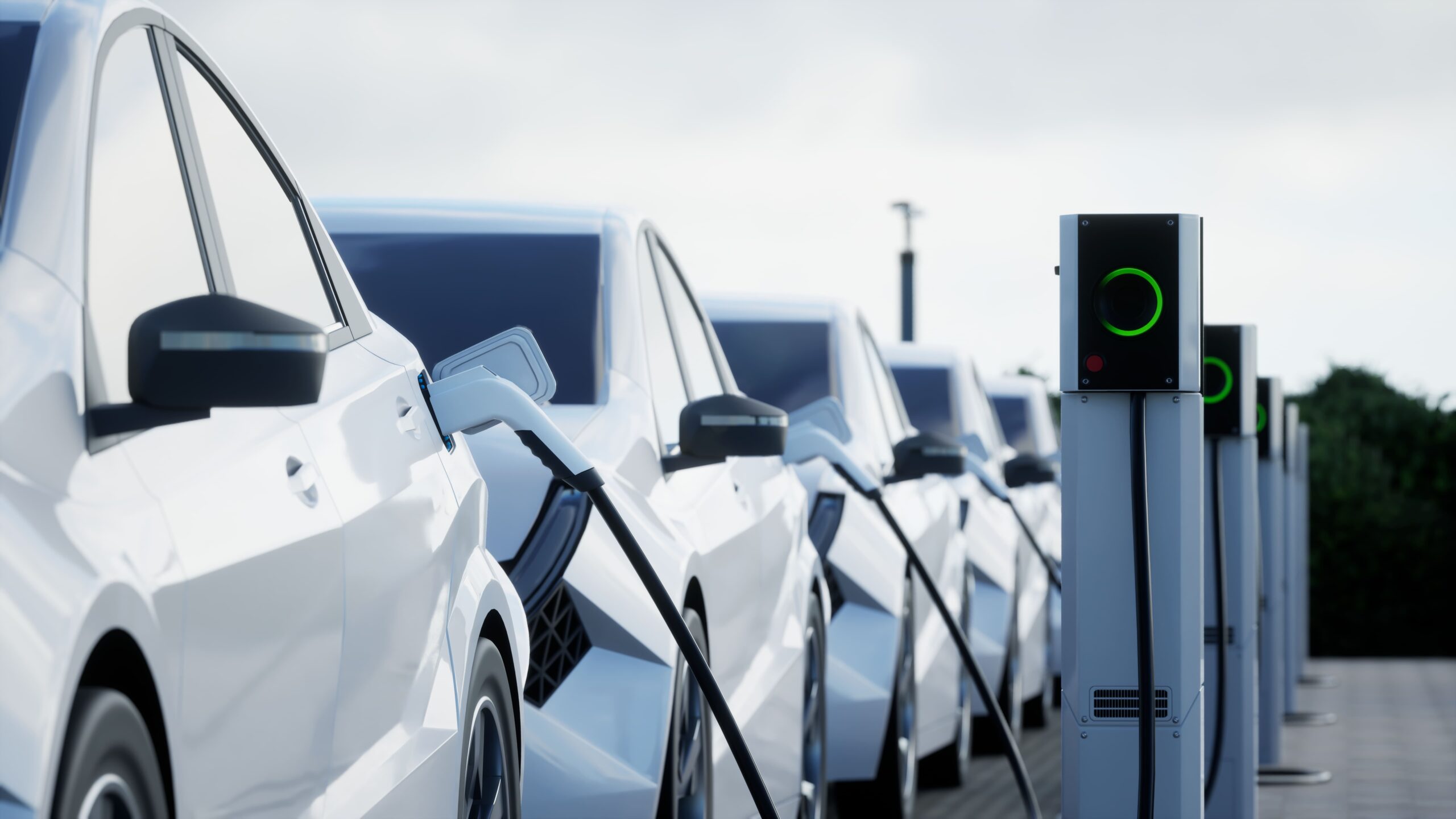The Indonesian automotive industry is undergoing a significant transformation, driven by the growing popularity of electric vehicles (EV). This shift is being fueled by government initiatives, environmental concerns, and technological advancements, positioning Indonesia as the potential destination for EV manufacturing and market. Indonesia’s EV market encompasses two-wheelers (2W) and four-wheelers (4W).
Electric Vehicle Production and Sales: A Glimpse into the Indonesian Market
The global energy transition in the transportation sector is marked by a gradual shift from the Internal Combustion Engine (ICE) vehicle to the electric vehicle. This trend is gaining momentum worldwide, driven by increasing interest in both 2W and 4W EV. In Indonesia, this shift is supported by a range of government initiatives and infrastructure developments. Indonesia has set ambitious targets to boost EV production, aiming to have 2 million 4W and 13 million 2W electric vehicles on the road by 2030.
Although still in its early stages, the 4W EV market is showing promising growth. The adoption rate is gradually increasing as more consumers recognize the long-term benefits of electric vehicles over conventional vehicles. In 2023, the production of 4W vehicles reached 1,395,717 units, whereby 15,358 were EVs and 27,710 were Hybrid Electric Vehicles (HEV), a surge from 1,500 4W EVs produced in 2022, out of a total of 1,470,146 4W vehicles production.
The Indonesian 4W EV market is attracting major global automakers such as BYD, Hyundai, and Vinfast, among others, which suggest more affordable EV options. Out of the total 1,005,802 4W vehicles sold in 2023, 12,248 were EVs, an increase from 8,562 EVs sold in 2022, out of a total of 1,048,040 4W vehicle sales. This growth is expected to continue, with government projections indicating that 4W EV sales could reach 50,000 units in 2024.
Similarly, the 2W EV is increasingly becoming the preferred choice for urban commuters in Indonesia. Their appeal lies in affordability, ease of use, and sustainability for navigating congested city streets. Leading the charge are local manufacturers such as Viar and Gesits, offering innovative electric scooter models tailored to Indonesian road preferences. Global giants like Honda and Yadea are also making strides in this burgeoning market, recognizing its potential.
In 2023, total sales of 2W vehicles in Indonesia reached 6,236,992 units, including 62,409 is EV. This represents a notable increase from 17,198 EVs sold out of a total of 5,221,470 2W units in 2022.
The growth trend from 2022 to 2023 is expected to continue, with government projections indicating that EV sales, both 4W and 2W, could collectively reach 150,000 units in 2024. These contrasting trends in EV and conventional vehicle sales and production in Indonesia reflect the country’s transition towards a more sustainable transportation sector. As EV technology continues to improve and costs decrease, it is expected that EVs will play an increasingly dominant role in the Indonesian automotive market.
BYD and Yadea: Ushering in a New Era of EV Manufacturing Industry
The EV landscape in Indonesia is set to receive a major boost with the new arrival of two leading EV manufacturers, BYD and Yadea.
BYD as the world’s largest EV manufacturer announced their plan in April 2024 to establish a USD 150 billion EV manufacturing plant in Subang Smartpolitan, West Java, Indonesia. This strategic move goes beyond mere production – BYD envisions a comprehensive EV ecosystem. This project will encompass a state-of-the-art research and development center alongside training facilities equipped with the latest advancements in energy-efficient and environmentally friendly technologies. This ensures a sustainable and innovative approach to EV manufacturing plant in Indonesia.
The handover of industrial land between Subang Smartpolitan and BYD is scheduled for Q3 2024, paving the way for a phased construction process. Operations are expected to commence in Q1 2026, with an annual target production capacity reaching 150,000 units. Notably, both Subang Smartpolitan and BYD share a strong commitment to sustainability. BYD’s plant will integrate cutting-edge energy-saving technologies, while Subang Smartpolitan is actively developing smart infrastructure to further support the environmental sustainability of its tenants. This collaborative approach signals a promising future for Indonesia’s transition towards a cleaner and more sustainable transportation sector.
On the other hand, Yadea, China’s No. 1 electric two-wheeler brand recently held a groundbreaking ceremony for its smart manufacturing plant in Suryacipta City of Industry, Karawang, West Java. Yadea will build a two-wheeled electric vehicle manufacturing facility that is scheduled to start operations in 2026. The facility is targeted to be able to produce 3 million units of vehicles per year to meet the needs of the Indonesian domestic market and exports to neighboring countries such as Malaysia, Timor Leste, Thailand, and others. The investment value for this project from 2024 to 2028 is estimated to be more than USD 150 million.
The Future of EV in Indonesia
Indonesia’s commitment to EVs is evident in its supportive policies, growing ecosystem, and increasing consumer demand. The entry of global players like BYD and Yadea choosing established industrial estate like Suryacipta City of Industry in Karawang and integrated township development like Subang Smartpolitan (green, smart, and sustainable city) in West Java further strengthens this commitment. These strategic moves not only significantly enhance Indonesia’s EV production capacity but also position the nation as a future hub for electric mobility in Southeast Asia.

